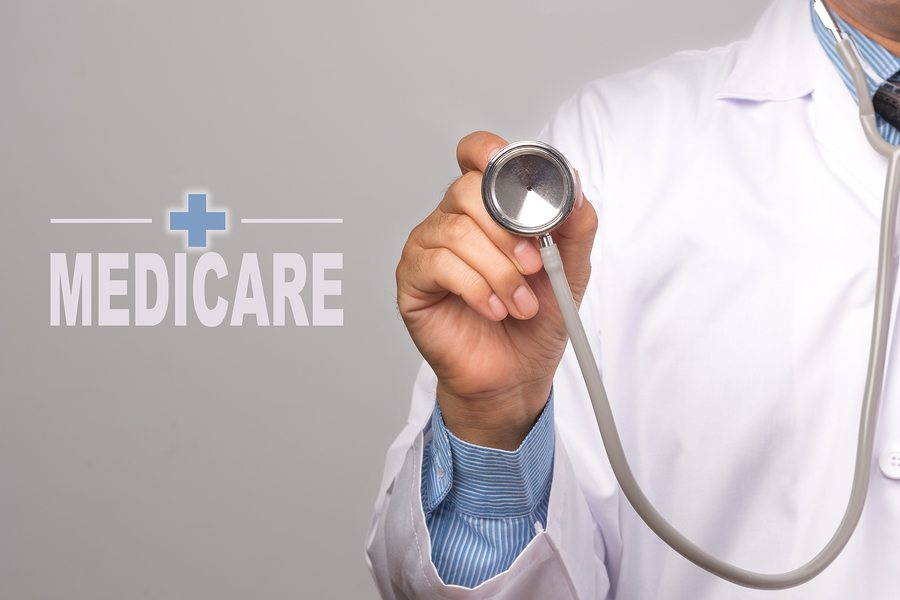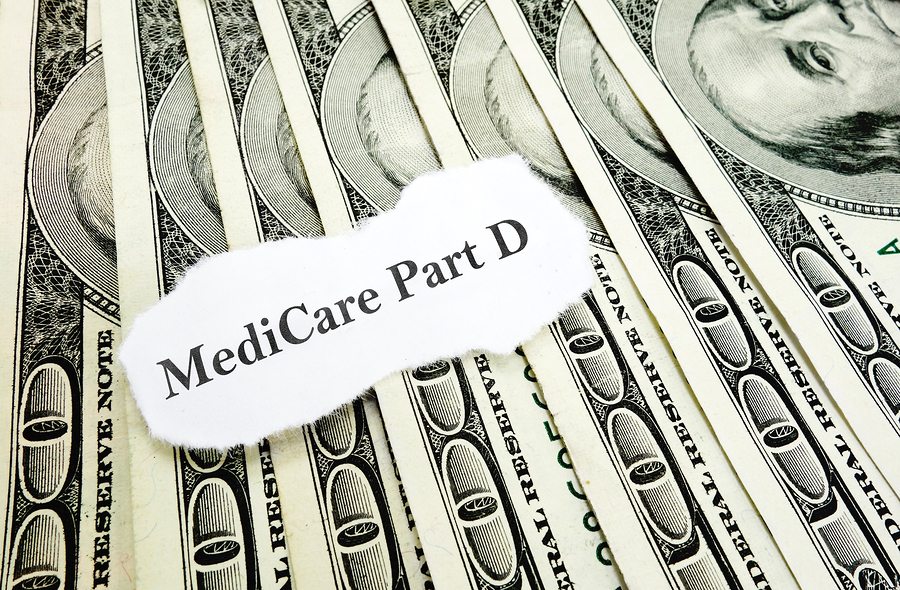If you’ve held a stable job for your professional career, it’s most likely you haven’t been required to think much on your health insurance. However, when you retire, it’s a whole new world full of options you need to be sure you understand.
Find out about Your Existing Health And Wellness Benefits
The very first thing to do is learn everything about your existing medical insurance coverage benefits and how they change in retirement. Larger companies may sponsor workshops that help you plan for insurance as you transition into retirement. Smaller companies may work with benefits advisors who also offer this sort of training or who may have other information you can leverage to make informed decisions as you move forward.
Discover Your Options
If you are retiring prior to age 65, you can’t be rejected for insurance protection for pre-existing conditions due to the Affordable Care Act. When you’re age 65, most are eligible for Medicare. And with Medicare there are many choices to make. It’s important to learn all you can about the various parts of Medicare and your options for dealing with them.
As you evaluate your options, be sure to incorporate your approximated healthcare expenses into your retirement budget plan. Just how much should you plan for? It depends on your insurance coverage protection. Usually, financial strategists suggest setting aside $10,000 per year per individual to cover out of pocket costs, dental, and so on,
Talk to a “Medigap” Insurance Specialist
Medicare is limited in its protection. “Medigap” insurance fills in where Medicare leaves off. Such insurance may be a part of your retirement benefits with your employer but for most individuals, you’ll need to talk with a specialist to secure this added protection.
We’re here to help. As you have questions we can help you find answers and connect you with resources to help you. Please reach out so we can help you explore your options!










